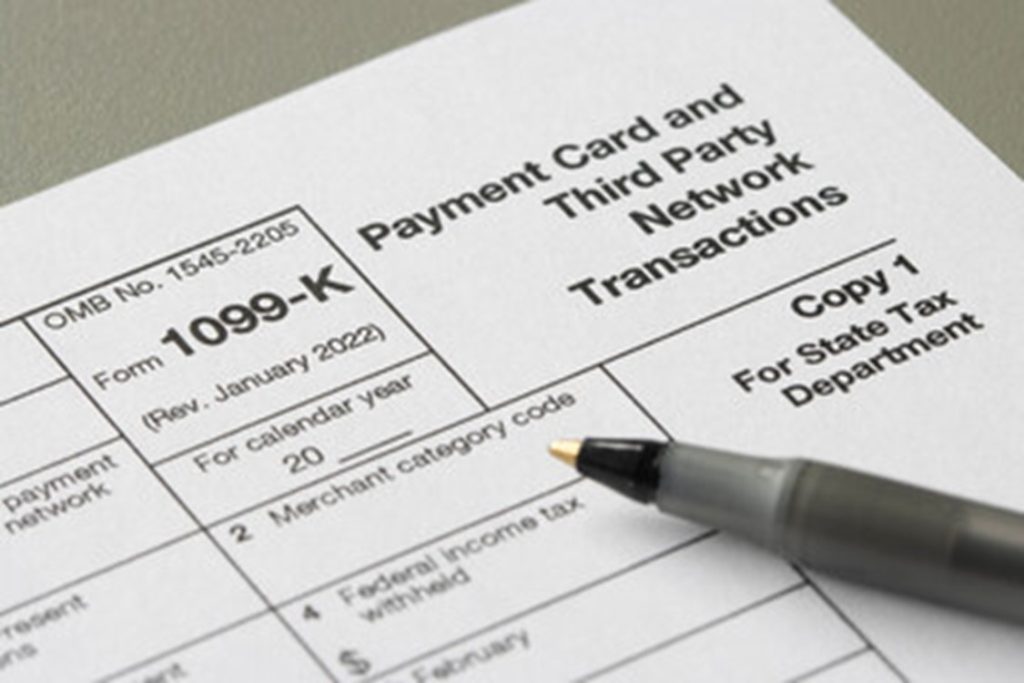
A new year is almost upon us—2023 is merely several weeks away. Tax season is almost here, and it is time that you know the newest updates in taxes for the upcoming year.
The IRS encourages taxpayers to pay attention to the new rules as they may apply to them. Filing your 2022 federal tax returns can help prepare you for tax season so you can get your refund quicker.
Here is everything you need to know about filing your taxes in 2023:

Reporting Rules Changed for Form 1099-K
It is crucial to know that the reporting rules for Form 1099-K have changed for 2023. If any third-party payments were received in 2022, taxpayers should receive the proper form by January 31, 2023. The goods and services must have exceeded $600.
The taxability of income remains unchanged. All income for goods and services is still taxable—even for side and gig work exceeding $600. The American Rescue Plan Act of 2021 lowered the reporting threshold and remains active today. Be sure all your key income documents are submitted before your taxes are filed.
Several Tax Credits Return to 2019 Rules
People who are affected by this change should expect a significantly lesser tax refund in comparison to the years prior. Earned income tax credit, child tax credit, and child and dependent care credit are all different this upcoming tax filing year.
Taxpayers who received $3,600 per dependent in 2021 will now receive $2,000. Earned income tax credit individuals with no children who received $1,500 in 2021 will now receive $500.
Child and dependent care credit are making a return to its previous $2,100 versus $8,000 back in 2021. Please see credits and deductions for further breakdowns.

No Above-the-line Charitable Deductions
Taxpayers were eligible to take up to $600 in charitable donation tax deductions during COVID. For tax filing year 2022, the standard deduction can no longer be taken as an above-the-line deduction for charitable donations.
Although the change has been made, charitable deductions may still be available. Discuss the facts with your financial advisor.
Avoid Refund Delays
It is imperative to avoid any and all refund delays this upcoming tax season. The IRS continues to play catch-up regarding 2021 tax filings. Although news reports stated the backlog would be remedied by the end of the year, this is not the case.
Refund processing time can be delayed for a variety of reasons. IRS issues the majority of tax refunds within 21 days. However, tax experts advise you to not expect your refund at a specific time—especially regarding making major purchases or paying bills.

Last Estimated Quarterly Payment for 2022
Taxpayers must plan to make their last estimated quarterly payment for 2022 by January 17, 2023. Be sure to consider the following:
- additional tax payments
- any estimated payment
- non-wage income from unemployment
- self-employment
- digital assets, and
- annuity income
The tax withholding estimator can be helpful to determine what estimated taxes you may owe. Staying on top of your estimated tax payments prevents financial issues and penalties in the future.



